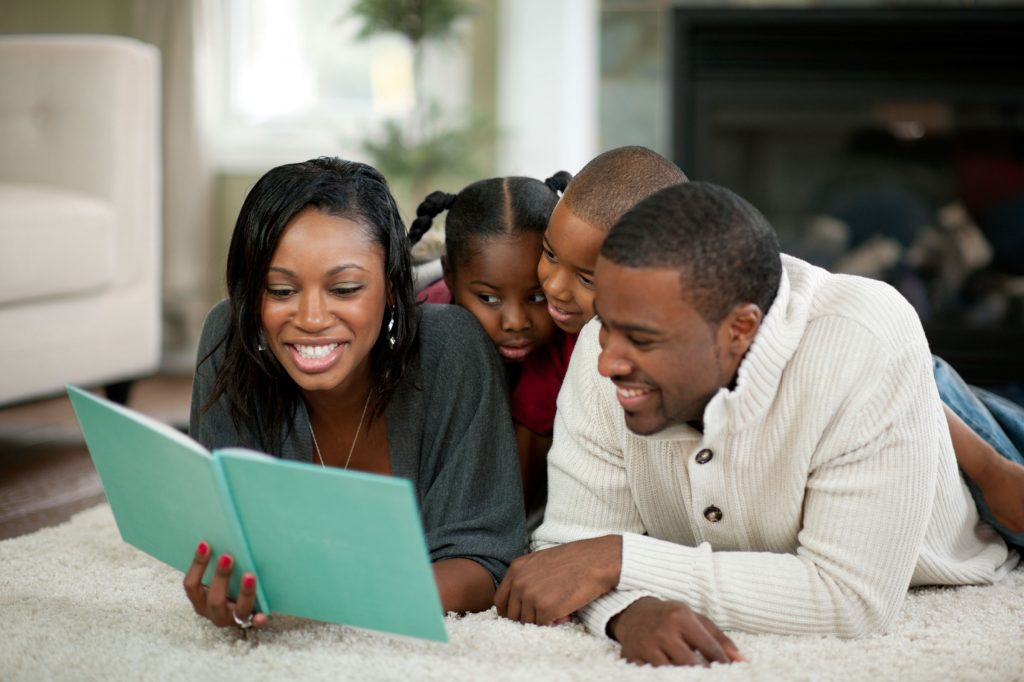Every news outlet seems to be talking nonstop about the new coronavirus, which is causing an illness called COVID-19. Many parents understandably are sharing concerns, too — at least among friends and families. Even at school, children are hearing about this new virus and registering that some adults seem worried.
Given all the discussion about this coronavirus, your children might have heard about it and have questions for you. Below are some tips on how to respond to their questions. (A separate post will address tips for talking with teens about the questions they might have.)
Provide just enough information about the new coronavirus
Try to strike a balance between answering questions well enough without fueling the flame of anxiety. Children have elaborate imaginations that may lead them to create unnecessarily catastrophic stories in their minds if parents do not talk at all, or enough, about a topic like this. At the other end of the spectrum, providing too much information may create extra alarm.
So what can you do? Think about what your child absolutely needs to know to understand what the virus is and what to do about it. If you have your own questions about the coronavirus, check reliable sources, such as the Centers for Disease Control and Prevention, which offers a range of information about the virus. The World Health Organization’s myth busters page can help you give correct answers to some surprising questions and misinformation that is spreading.
Four questions children may have about the new coronavirus
Before you start, ask what your child knows so far in case you need to clarify anything, and find out what questions your child has. Below are four common questions your child might ask and suggested responses.
What is the new coronavirus? The new coronavirus is a kind of germ that can make people feel sick. Remember how the flu made (you/your classmate/anyone your child knows) feel? It can be a lot like getting the flu. Some people feel just a little bit sick. Some people get a fever and a cough. Sometimes, the cough can make it hard to breathe easily.
How do you catch this coronavirus? The virus spreads like the flu, or a cold or cough. If a person who has the coronavirus sneezes or coughs, germs that are inside the body come outside of the body. That’s because sneezes and coughs can send tiny drops carrying germs into the air.
There is a lot of traveling those germs would have to do to get inside another body, though, and make someone else sick. A healthy person would need to touch those germs that came out of the sneezes and coughs, and then touch their mouth, eyes, or inside their nose. Those are places where the germs can get inside the body.
Kids and grownups can try their best to stay healthy by continuing their usual activities and practicing these healthy behaviors:
- Sneeze or cough into tissues (and throw them away) or sneeze or cough into your elbow. This helps keep germs from traveling and making other people sick.
- Wash your hands with soap and water at the same times you usually do, like after going to the bathroom, before eating, and after blowing your nose. When you wash your hands, remember to count slowly to 20. (Parents can help by singing the ABCs or “Happy Birthday” with their children the number of times it takes for 20 seconds to pass. This helps children remember to wash for a sufficient amount of time.)
- Try to keep your hands out of your mouth, eyes, and nose.
Why are some people wearing masks? Should I wear a mask? Masks are for people who are sick to wear so that they don’t share germs. The masks also are for medical staff, like doctors and nurses, to wear so they can help people who have the virus. You do not need to wear a mask.
Can you die from the new coronavirus? Most people who have caught the virus have not died, just like with the flu. Doctors are working really hard to keep an eye on anyone who is feeling sick. They want to make sure everyone gets the help they need and to keep the virus from spreading.
What is important is that you keep doing what you love to do and not let worries about the virus boss you around. If you’re doing what you love while practicing healthy behaviors like sneezing into your elbow and washing your hands after you go to the bathroom, then you’re showing the virus and the worries who is boss instead!
Model calmness about the new coronavirus
Even though you may be concerned yourself, it is important to model calmness when talking about the virus. Children will look to you to see how afraid they should be. Think about flying on an airplane when there is turbulence. A flight attendant that appears terrified may make you think there is something really wrong and you should worry. If a flight attendant calmly offers you a beverage with a smile, you might think there’s just some windy weather that will pass soon.
Limit news exposure on the new coronavirus
Although the news can be helpful by keeping everyone informed, sometimes news stories can use wording that is strong and scary for children. Try to limit news-viewing to the hours after children go to sleep, or read the news independently so that children do not hear the stories.
Keep an eye out for reassurance seeking
It’s natural for children to ask questions, particularly about something that is new to them. Sometimes, though, a child’s anxiety seems to be asking the questions, prompting a behavior called reassurance seeking. It may look like a child repeatedly asking the same or similar questions, yet the child’s distress increases no matter how many times you answer the questions. If you notice repeated reassurance seeking (repeated asking of the questions above, for example), then it might be helpful to seek support to help your children manage anxiety. Cognitive behavioral therapy (CBT) can offer your family strategies for handling and easing reassurance-seeking behaviors. Ask your doctor to recommend mental health professionals who practice CBT and have experience working with children struggling with anxiety.
Remember, everyone is working hard to manage the virus. You can show your children that you, too, can continue to do what is important to you while practicing healthy behaviors.




